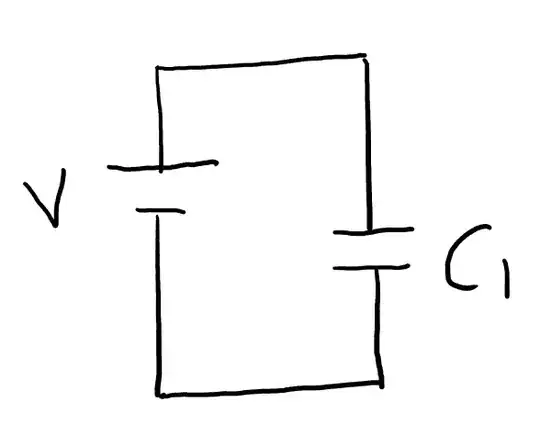I have a question about capacitors. In the circuit below, capacitor C2 is in parallel with a wire. When a resistor is connected in parallel to a wire, the potential across it equals zero so no current goes through it. My questions are does the potential difference across C2 equal zero because it's in parallel with a wire? And if so, does the capacitor not get charged (Q=0) and does it not contribute to the capacitance of the circuit (C of whole circuit just = C1)?

Lastly, if the potential difference equals zero, could you draw an equivalent circuit by just removing C2 (like shown below)?

Thank you!